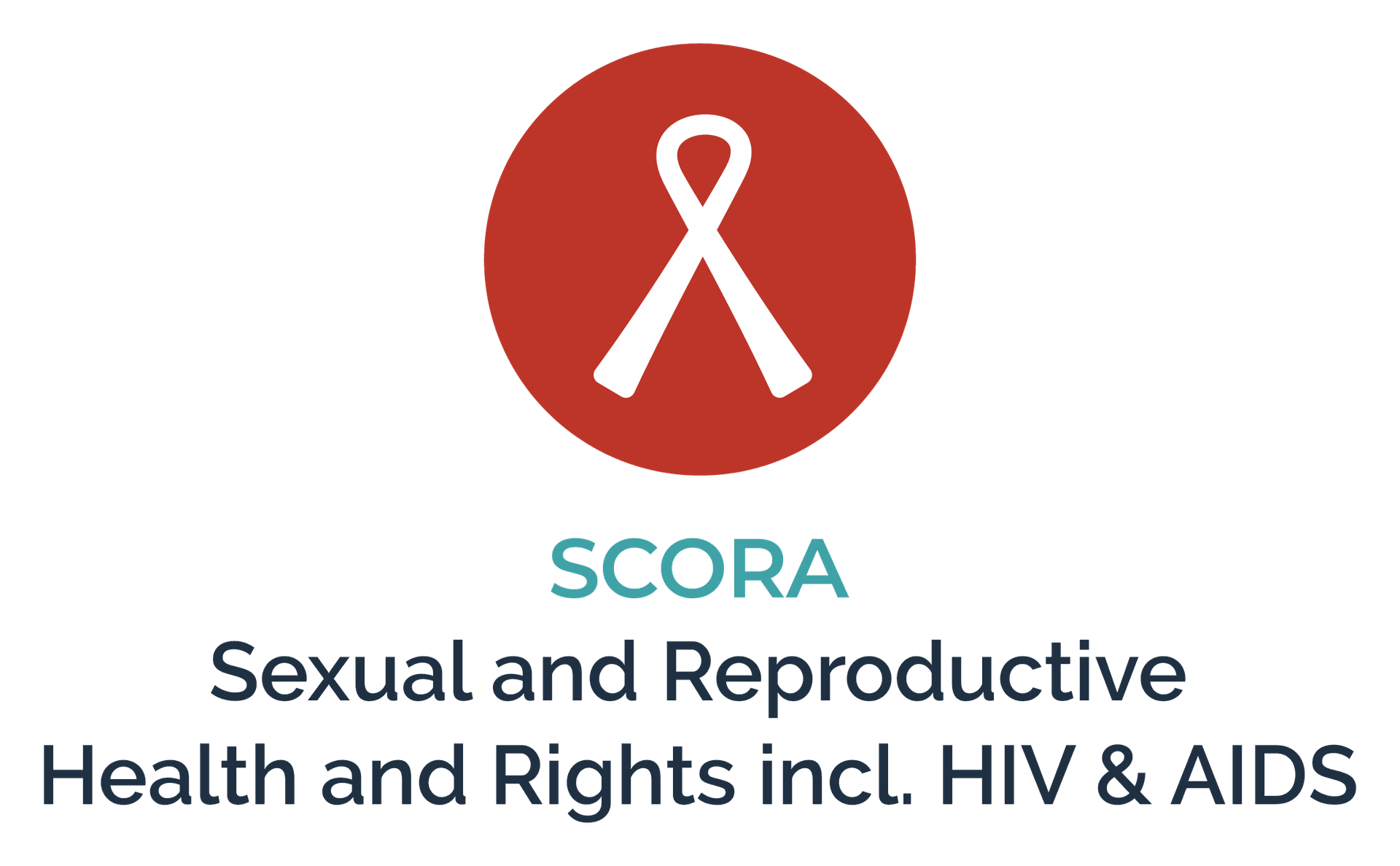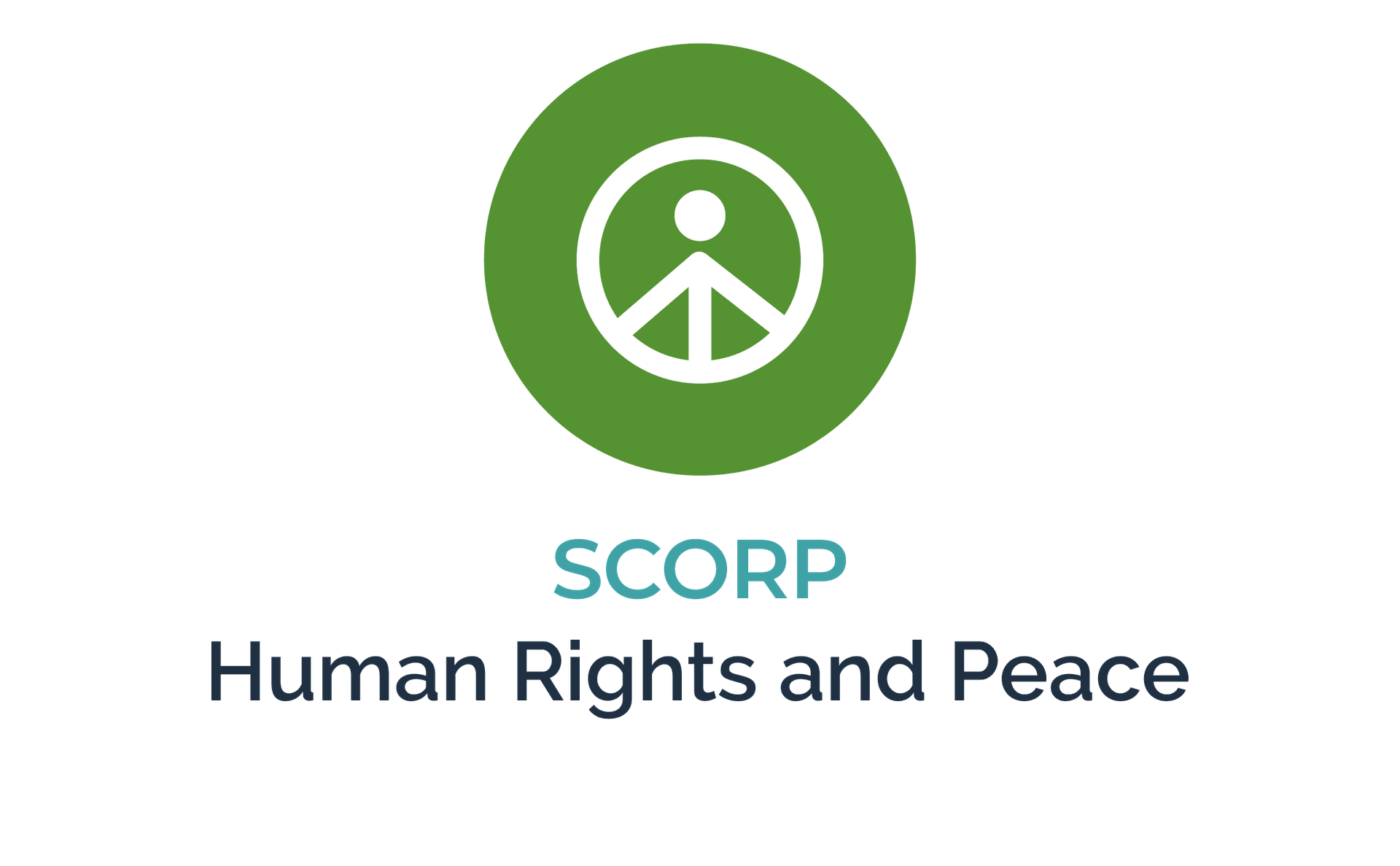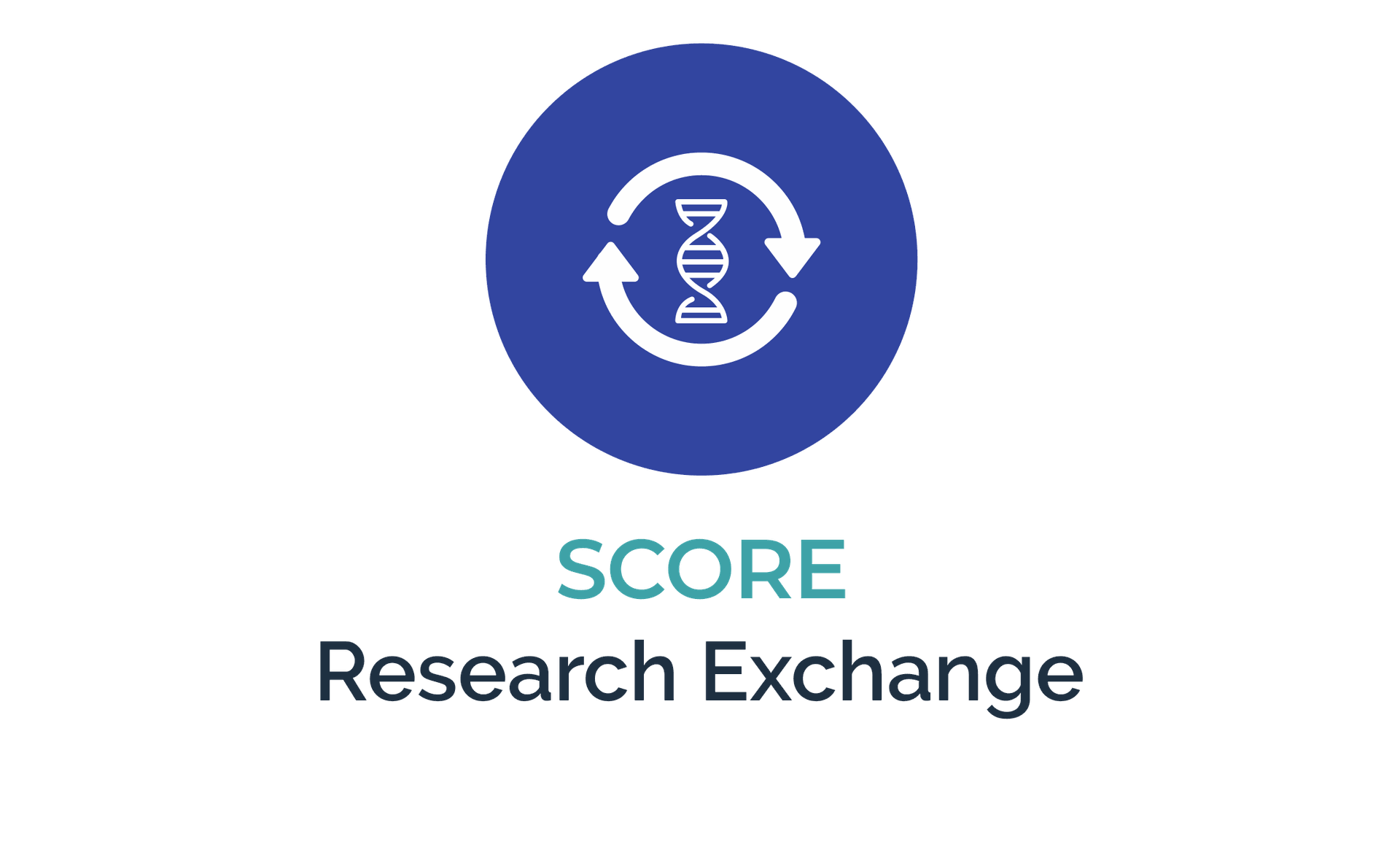About BeMSA
he Belgian Medical Students' Association (BeMSA) is a Belgian student-run organisation. As of the 2023-2024 academic year it represents medical students from 11 of the faculties across the country, while also establishing international connections through the existing network of +133 national member organisations of the International Federation of Medical Students’ Associations (IFMSA).
Each year we organise a series of events on a local, national and international level. Additionally, our clinical and research exchange programs send over 100 Belgian students abroad every year, while accommodating the same number of foreign students. This allows them to explore innovations in medicine, healthcare systems and healthcare delivery in various settings across the globe.
BeMSA brings people together to exchange, discuss and initiate projects with the goal of creating a healthier world. It provides medical students with the skills and
resources needed to be health leaders. With the help of the IFMSA, it also advocates for the pressing issues that matter to us to shape the world we want to live in. And it does deliver: our projects, our campaigns and our activities positively impact our future physicians alongside the communities they serve.
Contact
- Homepage: bemsa.be
- E-mail: info@bemsa.be
- E-mail of the exchange officers can be found here
- Instagram: @bemsa.belgium
- Exchanges instagram: @exchanges.bemsa
Introduction
With great pleasure, we present to you BeMSA's official Outgoing information. Here, you will find information regarding the International Federation of Medical Students' Associations' Professional (SCOPE) and Research (SCORE) Exchanges - what are they, how can I apply, which countries can I go to – and the organisation behind it.
Do you want to discover foreign cultures and combine this with scientific research? Then SCORE might be something for you!
Would you rather discover new healthcare systems while doing an internship abroad? Then don't wait any longer and apply for SCOPE.
Throughout this booklet, you will find that SCOPE, the Standing Committee on Professional Exchange, and SCORE, the Standing Committee on Research Exchange, will be grouped together for the most part. This is because the essentials are very similar. The differences will be highlighted and, in the end, hopefully, everything will be clear!
We highly encourage you to read this booklet before applying, so you can become familiar with the whole program and process. If you still have questions, don't hesitate to contact your Local Exchange Officer (LEO) or Local Officer on Research Exchange (LORE) from your respective university! You can find their contact information on the next page.
We wish you all the best exchange experience!
National Exchange Officers

Sherin Ramazani
National Officer on Professional Exchange (NEO) - 2025-2026
Phone: +32 465 86 96 61
Mail: neo@bemsa.be

Robbe Coeckelberghs
National Officer on Research Exchange
(NORE) - 2025-2026
Phone: +32 477 54 78 95
Mail: nore@bemsa.be

Guinevere Savat
National Officer on Research Exchange (NORE)
- 2025-2026
Phone: +32 491 90 84 14
Mail: nore@bemsa.be
Contact
Our exchange program is managed by a fantastic team of local and national officers. You can find the structure of the team and all their contact information below.
First of all, you have the NEOs (National Exchange Officer) and NOREs (National Officers on Research Exchange). They oversee the national aspect of the Professional and Research Exchanges. The NEO and/or NORE-out handles all the tasks related to the outgoing students while the NEO and/or NORE-in handles the tasks associated with the incoming students.
SCOPE and SCORE are represented in every university or LC (Local Committee) by local officers. These LEOs (Local Exchange Officers) and LOREs (Local Officers on Research Exchange) handle the exchanges' local aspects, such as promoting exchanges and finding tutors & accommodation for incoming students. They will also answer all your questions regarding the exchanges, so don't hesitate to contact them. You can contact the LEO for SCOPE-related questions and the LORE for SCORE-related questions.
Contact details
For all your questions you can contact the LEOs or LOREs, respectively for SCOPE or SCORE. You can find the contact details for the Local Officers of your university underneath:
What is BeMSA? What is IFMSA?
The Belgian Medical Students' Association, or in short BeMSA, is an organisation of enthusiastic healthcare students that all share the same goal: to make a sustainable change towards social, physical, and psychological well-being for all. It was founded in 2009, when several medical student organisations from Ghent, Antwerp and Leuven decided to unite and form one big organisation.
BeMSA brings people together to exchange, discuss and initiate projects in order to create a healthier world. It trains its members to give them the skills and resources needed to be health leaders. It advocates for the pressing issues that matter to us to shape the world we want. And it does deliver: our projects, our campaigns and our activities positively impact our future physicians and the communities they serve.
After tremendous growth in the past few years, BeMSA now consists of 11 active Local Committees: KU Leuven, UAntwerpen, UCLouvain, UGent, UHasselt, ULB, VUB, ULiège, UMons, UNamur and KULAK. Each Local Committee organises multiple projects, e.g. Heart for Life, Date your Doctor, Stigma Challenge, and of course, the exchanges.
Furthermore, BeMSA is a member of IFMSA, the International Federation of Medical Students' Associations. IFMSA is a global organisation of 1.3 million students from 136 NMOs (National Member Organisations, e.g. BeMSA) in 126 countries. IFMSA works on the local and national levels mainly via its six Standing Committees, each of them focusing on major health topics and healthcare student-related interests: SCORA, Standing Committee on Sexual and Reproductive Health including HIV/AIDS; SCOPH, Standing Committee on Public Health; SCORP, Standing Committee on Human Rights and Peace; SCOME, Standing Committee on Medical Education, and of course SCOPE and SCORE, which both focus on exchanges.
What is SCOPE and SCORE?
The Standing Committee on Professional Exchange (SCOPE) was founded in 1951 and is one of the first standing committees within IFMSA. It has grown into one of the most extensive student-run exchange programs in the world, with around 13.000 medical students participating every year from more than 100 National Member Organisations (NMOs). The aim of SCOPE is to promote cultural understanding and cooperation amongst medical students and all health professionals, through the facilitation of international student exchanges. SCOPE aims to allow all students to learn about global health and attains this partly by having its exchanges accredited by medical faculties across the world.
The Standing Committee on Research Exchange (SCORE) was founded in 1991 with the objective of giving students an opportunity to improve their skills in research in other learning settings. Presently, SCORE involves more than 65 active NMOs, offering over 3.000 research projects to provide over 2.400 healthcare students worldwide the opportunity to participate in the IFMSA Research Exchange program and learn the basic principles of medical research such as literature studies, collecting data, scientific writing, lab work, statistics and ethical aspects related to medicine. The aim of SCORE is to develop both culturally sensitive students and skilled researchers intent on shaping the world of science.
SCOPE and SCORE allow students to participate in a 4-week clerkship or 4-week research respectively, in one of the countries that BeMSA has signed a contract with.
For whom?
- SCOPE: Medical students starting from 3rd Bachelor of Medicine with at least 45 credits.
- SCORE: Medical students and students in the Biomedical Fields according to each Local Committees' rules of the hosting country start
Price?
- €500 (€600 in Leuven and Ghent) including:
- A 4-week clerkship or Research Project
- Accommodation
- One meal per weekday
- Contact Person
- Pre-Exchange Training (to be held on 04/04/2026)
- Local and National Social Programs are dependent on the country and city. Note that flight tickets, visas, and vaccines are NOT included.
How do I get selected for an exchange?
So, you decided to apply to go on an exchange? Amazing, you won't regret it! Let us explain how it works. In order to get selected to go on exchange, there are two selection rounds:
ROUND 1: Motivation Letter, CV, Addendum for Extracurricular Activities and Social Engagement
For the first round, you need to write a motivation letter about why you want to go on an exchange. Also, motivate at least three departments (SCOPE) or research projects (SCORE)* you want to be placed in. Everything needs to be in english.
Please upload the following documents in the Form (SCOPE and SCORE), by October 31st, 23h59 CET. Late applications will NOT be considered.
- Motivation letter (Max. 2 pages) (Calibri 11)
- Curriculum Vitae (Max. 2 pages)
- Addendum with specific information about your extracurricular activities and social engagement (We only accept THIS template)
Attached to this booklet, you will find the country list for this year. Things to keep in mind:
- Always read the Exchange Conditions of each country carefully before applying;
- Sometimes the exchange is month specific;
- Sometimes there are specific requirements to go on exchange to a country (e.g. language requirements, level of studies, …).
- Note that you have to comply with these specific requirements, otherwise we can not select you for that country.
SCOPE-applications will be reviewed by two LEOs (one from your own LC and one from a different LC) and one NEO.
SCORE-applications by two LOREs (one from your own LC and one from a different LC) and one NORE.
Applications will be reviewed based on the following criteria:
SCOPE | SCORE |
Motivation and interest in other healthcare systems
| Motivation and interest in other research settings
|
Social Engagement and Extracurricular activities
| Social Engagement and Extracurricular Activities
|
Interest in the clinical field | Interest in research
|
Motivation for chosen departments
| Motivation for chosen projects
|
Previous research experience
| |
Professional impression of the application
| Professional impression of the application
|
Previous Contact Person for BeMSA | Previous Contact Person for BeMSA |
If you already applied for a professional exchange, passed the first round, but were not selected in the second round OR if it is your last possible year to apply
| If you already applied for a research exchange, passed the first round, but were not selected in the second round OR if it is your last possible year to apply
|
Points will be deducted if you’ve already been on a SCOPE Exchange
| Points will be deducted if you’ve already been on a SCORE Exchange
|
Points might be deducted for clear use of AI | Points might be deducted for clear use of AI |
Don't overstep the 2-page limit for your CV and motivation letter; otherwise, your application will be invalid! The only things not considered as invalid when exceeding the page limit are certificates, recommendation letters, or any other related document. You can upload these documents separately in the Google Form.
ROUND 2: Online Interviews
Selected students will then be notified by the national officers and asked to choose a time slot for the second round, the online interviews. Online interviews will be held on Saturday and Sunday, November 15th & 16th 2025. We ask all applicants to keep both of these days free, as you need to do the online interview to get selected to go on an exchange. Unfortunately, if you cannot attend the interview, we cannot select you to go on exchange (no exceptions can be made!)
During the online interview, the local and national officers will ask some basic questions to determine your level of English, motivation and knowledge. If you apply for a country where another language is mandatory according to the country's Exchange Conditions (e.g. French in Canada-Québec or Spanish in Guatemala), then this language will also be tested during the interview.
After the Online Interview, all students will be notified whether they are selected or not and what country they will go to on Friday, November 19th. Thus, the selected students will go on an exchange to that country, but the application process is not yet finished. The department/research project and city division are dependent on the country of destination, so you will have to write short additional motivation letters for your choice departments and projects. This will, however, be explained after the selection by your LEO or LORE.
The deadline for the payment will be within 6 days after receiving your country by email. Keep this in mind when you are applying.
Testimonials
Still trying to decide which countries you’d love to visit? We get that choosing can be tough when there are so many amazing options. If you want a little inspiration, take a look at the blog posts our OGs have written. They share their own stories, tips, and honest experiences from all over the world. Who knows, maybe their adventures will help you figure out where you want to go next!
Our latest content
Country list
SCOPE: Professional Exchange
We work with categories (this is required for your application to be valid). You need to choose 5-10 different countries in total.
You can mix the categories in several ways, for example:
- 1 country from A, 3 from B, and 1 from C
- 1 country from A and 4 from C
- 2 countries from A, 1 from B, and 2 from C
In short: choose 2 countries from category A, B, or C, 2 countries from B or C, and 1 additional country from C.
NOTE: If you want to be placed in a specific city, make sure to check whether that city is available in the exchange conditions of the country. It’s possible that exchanges to a certain country are available in, for example, July, but not in the city you prefer. You can verify this in the ‘Calendar’ subsection by clicking ‘Click here to see the calendar’.
This is the country list as of the publishing date. Some countries may have been added or their available months may have changed. Please check the exchange conditions for the most up-to-date information.
⚠️IMPORTANT: If the acronym in brackets is different, make sure you select the correct one in the database — for example, Brazil (DENEM) and Brazil (IFMSA-Brazil) refer to two different organisations and may have different exchange conditions.
These are the available SCOPE countries














